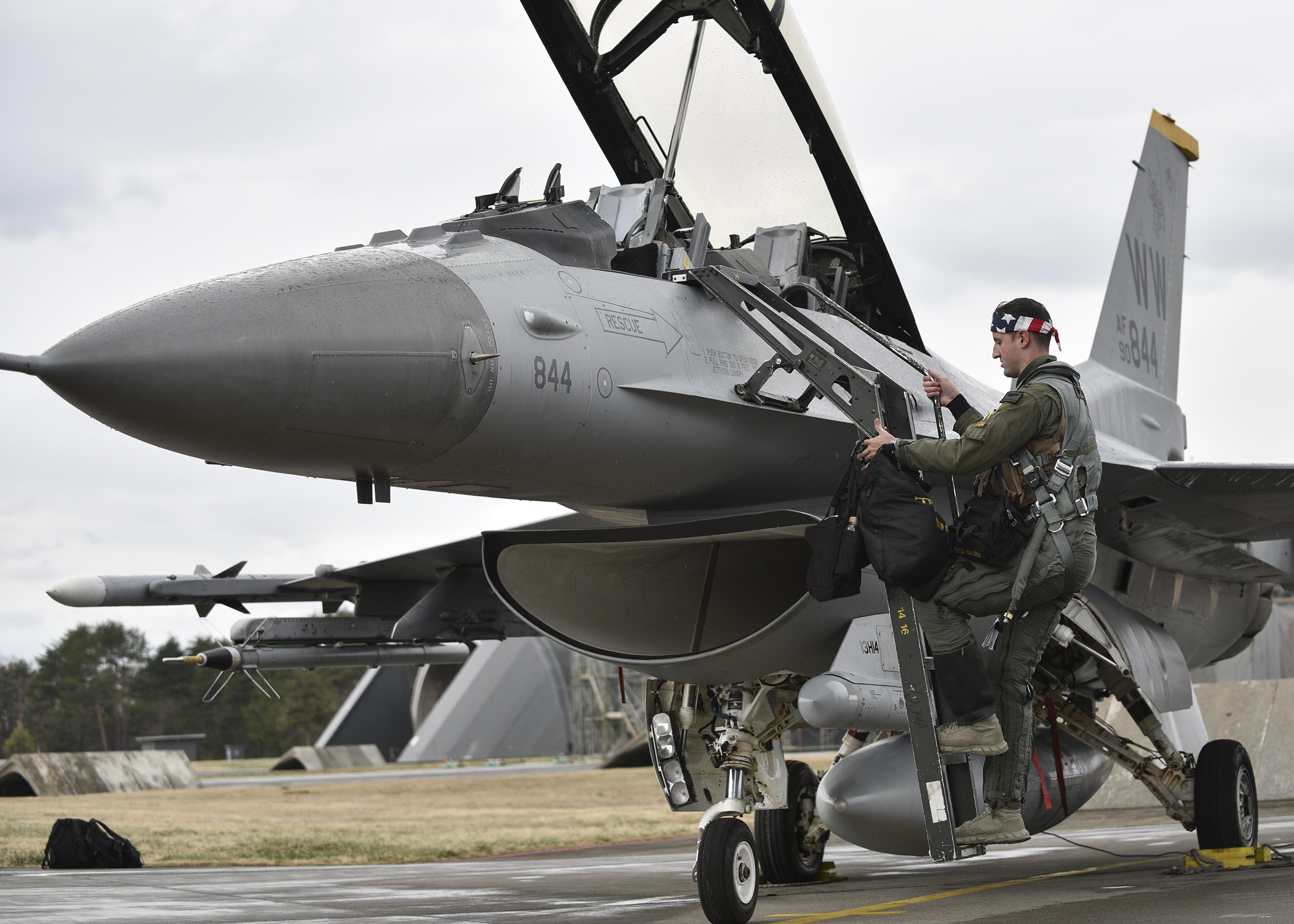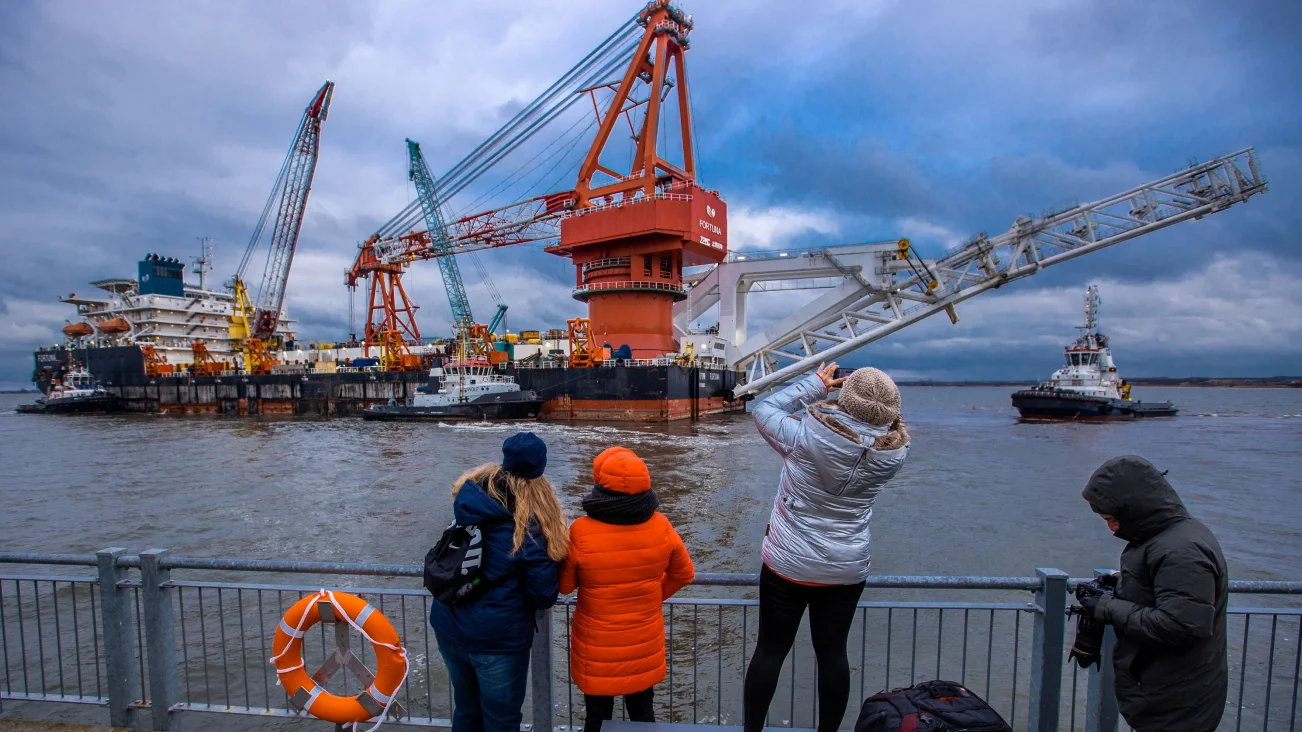
The Approval of Low-Altitude Flights Highlights Japanese Subservience to America
In a meeting of the House of Representatives Budget Committee held on Feb. 17, Japanese Prime Minister Suga Yoshihide said that the low-altitude training conducted by U.S. military aircraft is “important training to accomplish the goals of the Japan-U.S. security treaty.”
The statement Suga made to the Diet may have led Americans to believe that the Japanese government has given its approval to these practices.
The day after the village of Kunigami, the prefecture and others protested, on Feb. 18, U.S. forces conducted exercises over the Kerama Islands and the Cape Hedo area of Kunigami. On Feb. 19, Governor of Okinawa Prefecture Tamaki Denny called Minister of Defense Kishi Nobuo to urge him not to permit low-altitude flight training outside of the designated areas.
On the same day, Vice Governor of Okinawa Prefecture Jahana Kiichirо̄ questioned the government's stance, phoning the vice minister of the ministry of defense and the director general of the North American Affairs Bureau at the ministry of foreign affairs to request a robust response. The chairman of the Okinawa Prefectural Assembly's Special Committee on U.S. Military Base Affairs, Teruya Moriyuki, called on the director general of the Okinawa Defense Bureau, Tanaka Toshinori, to immediately cease low-altitude training exercises, a move which had already been unanimously approved by the assembly.
Kunigami Village Council acted similarly, holding an extraordinary session and passing a protest resolution the same day. All the while, U.S. forces continued their exercises in the Cape Hedo area as if no one had said a word.
At a 1999 U.S.-Japan Joint Committee, both the Japanese and American governments agreed that the rules about minimum safe altitudes as stipulated by aviation laws and the International Civil Aviation Organization (ICAO) also apply to training conducted by U.S. forces in Japan.
It is the view of the Americans that their training complies with these altitude regulations. Despite this, it is clear that in the past, F-16 fighter jets from Misawa Air Base were part of ultra low-altitude flight training that took place below the minimum altitude level.
While the facts of the current situation have yet to be formally verified, we simply cannot swallow whatever excuses the U.S. forces provide us. Would there be any problems if the agreed upon rules about altitude levels were observed?
As Italy unfortunately learned in the Calavese cable car disaster, in which many people died due to the actions of U.S. forces, grave danger always accompanies low-altitude flight training.
Suga's stance that the training is “important” can be seen as nothing other than condescension and ignoring the reality of what happens in Okinawa. The Status of Forces Agreement obligates the U.S. military to ensure their activities “be carried on with due regard for the public safety.” We must not disregard the shock felt by those who witnessed the low-altitude flights this month.
The minimum requirement to influence the government is for people to come together within the prefecture, irrespective of party affiliation or faction. What is critical is for everyone — Okinawa Prefecture, the prefectural assembly, the municipalities and their assemblies — to unite, and make demands of the government as one.
This year, there will be a dissolution of the House of Representatives and a general election. Next year, we will hit the critical landmark of 50 years since Okinawa was returned to Japan. Now is the time for the people to show the government that we will not stand for a regressive and excessive burden being placed on our shoulders.


